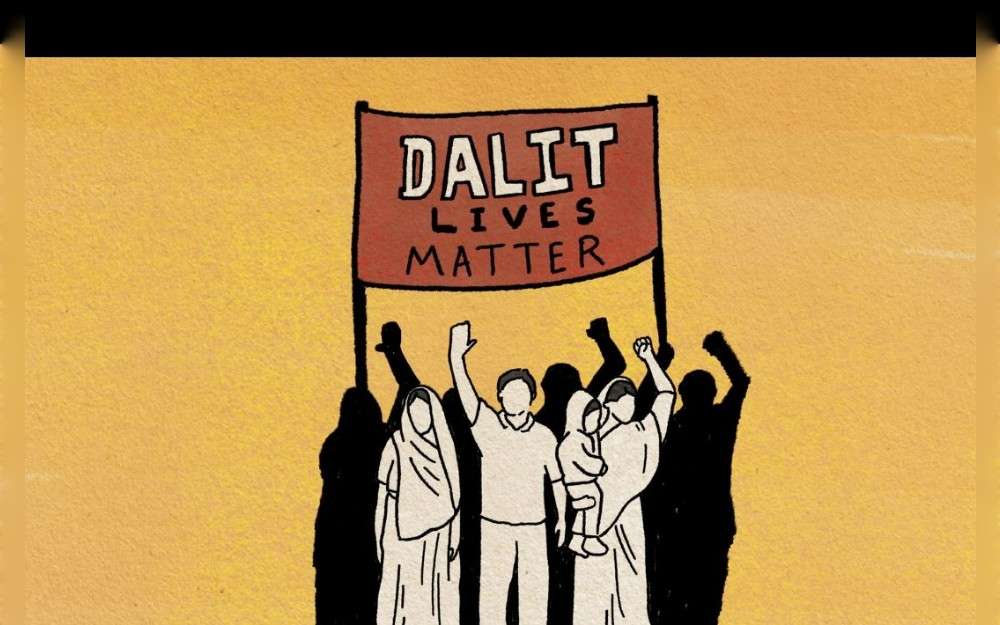
Amnesty International claimed in a new study released today (May 10) that the Nepali government is not doing enough to shield Dalits, especially women and girls, from widespread and systemic caste-based discrimination.
According to the report “No One Cares”: Descent-Based Discrimination against Dalits,there is widespread caste-based discrimination against Dalits in Nepal. The report also details the challenges they have in accessing justice because the country’s legal and protective measures are insufficient to protect their human rights.
Amnesty International has documented examples of how the caste system divides and governs every part of daily life in Nepal, where discrimination and violence against Dalits are widespread, despite legislative changes that outlaw caste-based discrimination. They still have to overcome multiple challenges to access justice, and because of institutional discrimination—including that of the police—they are without recourse to restitution.
The report mentions that many intersectional cases of gender-based and caste-based violence remain unreported, which exacerbates the culture of silence, impunity, and invisibility. Often, the Dalit survivors bear the brunt of shame and stigma instead of the non-Dalit offenders.
According to records provided by Amnesty International, police frequently decline to register complaints in order to begin criminal procedures in cases of caste-based occurrences that are recorded. These cases include cases of rape involving Dalit women and crimes like as gender-based violence and crimes of untouchability. Instead of opening criminal investigations and charges, police sometimes choose pushing for informal mediation outside of the legal system, which leads to widespread impunity.
Though the principles of equality and non-discrimination are guaranteed under the constitution of Nepal. The CBDU Act was also adopted in 2011 in order to guarantee the Dalits of Nepal the freedom from caste-based discrimination and untouchability, as well as the right to equality and to lived with human dignity.













